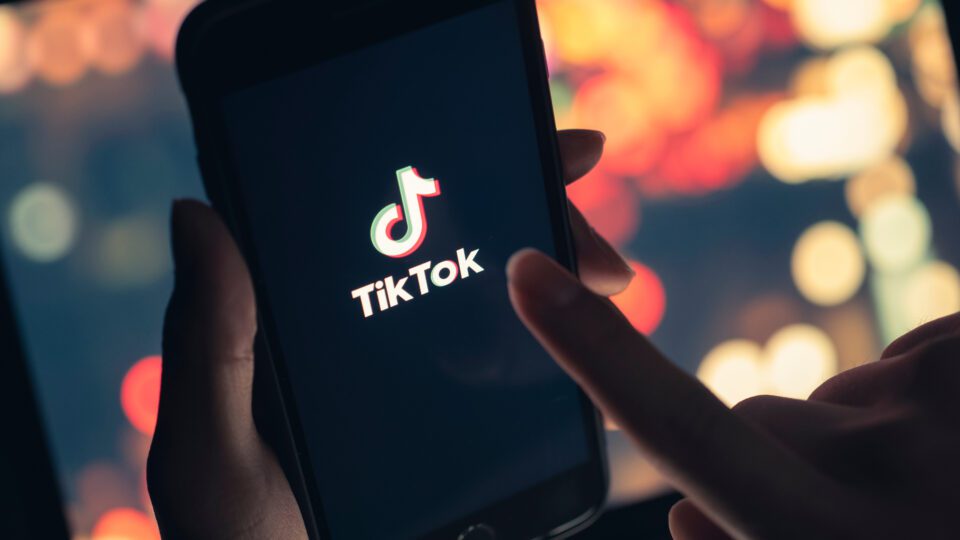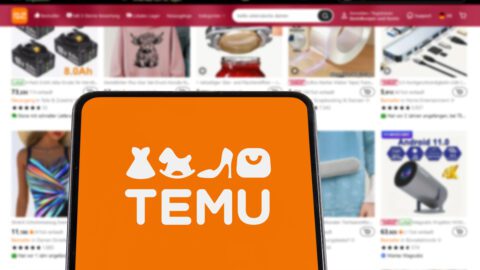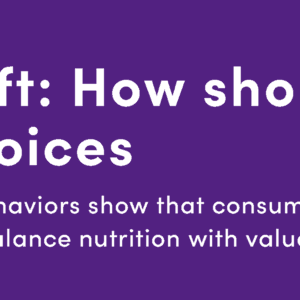The uncertainty around TikTok’s future in the U.S. was supposed to end last Saturday, April 5, but the announcement of President Trump’s “reciprocal tariffs” last week prompted China to put the nearly final deal on hold, multiple sources report. Instead, Trump signed an executive order Friday to extend the sale deadline another 75 days.
“The deal requires more work to ensure all necessary approvals are signed,” Trump announced on his social media platform Truth Social. “We hope to continue working in good faith with China, who I understand are not very happy about our reciprocal tariffs (necessary for fair and balanced trade between China and the U.S.A.).”
TikTok Deal was Final and Approved, Until Tariffs Entered the Picture
One of Trump’s first moves upon taking office in January was to delay the enforcement of Congress’ sell-or-be-banned order, pushing out the deadline for a deal to April 6, 2025. And in fact, a deal to spin off TikTok U.S. operations had been finalized and approved by all parties and was supposed to be announced last Wednesday, according to The Information.
The deal, according to sources close to the negotiations, would have seen the creation of a new entity called TikTok America that would be owned primarily by U.S.-based companies, with current owner ByteDance retaining a stake of slightly less than 20%. Several firms have bid for the app, including Oracle, Amazon, Microsoft and AppLovin, but the White House only seriously considered Oracle’s bid, according to The Verge.
Advertisement
But following Trump’s announcement of sweeping tariffs on April 3 — which bumped tariffs on Chinese goods up to 54% — ByteDance representatives said that China would not accept a deal until there could be negotiations around trade and tariffs, according to people familiar with the talks speaking anonymously to NBC News.
Any deal to sell the company would have to approved by the Chinese government, a fact that ByteDance reminded people of in a statement on Chinese social media platform WeChat: “(We are) still in talks with the U.S. government, but no agreement has been reached, and the two sides still have differences on many key issues,” the company said over the weekend.
Adding further uncertainty is the impact the tariffs are having on companies’ finances, with stock markets tanking following the announcement. As for many companies, shares of Oracle, for example, have dropped dramatically over the last week, potentially impacting companies’ willingness and ability to make major acquisitions during this period of volatility.
So for now, TikTok’s 136 million U.S. users, and the businesses that rely on the platform to connect with them, remain in limbo. “Stay informed, stay flexible and focus on leveraging the platforms where your audience is most active,” advised social media marketing firm Brehm Media in a note shared with Retail TouchPoints.















